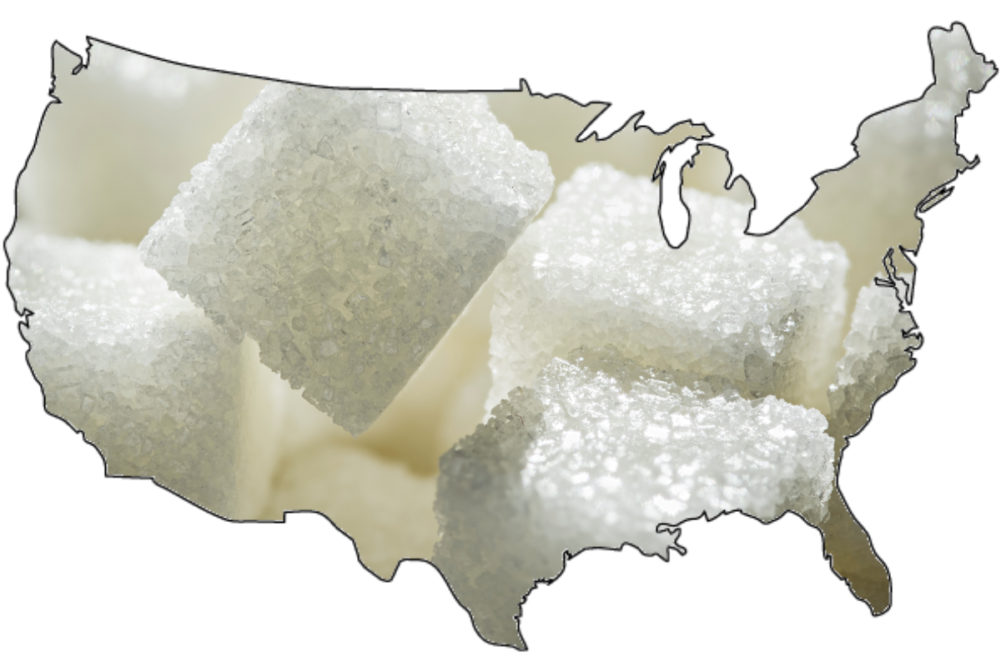
Producers and users spar over sugar program
ORLANDO, FLA. – Sugar producers and sweetener users at the International Sweetener Colloquium in Orlando this week spared over the impact, success and future of the U.S. sugar program, with such debate likely to intensify as the U.S. farm bill moves closer to markup sometime this year.
“Last farm bill alone, every single commodity program went through a modernization reform measure except sugar,” said Bill O’Conner, agriculture policy expert, Watkinson Miller PLLC, and a senior agricultural policy advisor to the Sweetener Users Association, which sponsors the Colloquium and represents sweetener users, including food and beverage manufacturers. “Lack of modernization has led to a program that is one-sided, benefiting only a small group of sugar processors. This Congress has an opportunity to change this inequity by modernizing the sugar program in the 2018 farm bill through modest reforms that will benefit all – growers, processors, consumers and businesses large and small.”
Jack Roney, director of economics and policy analysis for the American Sugar Alliance, which represents sugar beet and cane producers, processors and refiners, said sugar producers’ goal was to keep the sugar program as it is in the current farm bill, which is designed to work at no cost to U.S. tax payers while maintaining adequate sugar supplies.
“We love our customers, and we want you to love us, too,” Mr. Roney said Feb. 14 at the Colloquium. He said the benefits of the sugar program allowed sugar users to utilize just-in-time sugar deliveries, thus limit warehouse space, while being assured their sugar supply was of high quality, safe and sustainably produced. Sugar growers need a safety net, as with other crops, and lenders need the assurance provided by the program’s non-recourse loan provisions to have confidence in lending to sugar producers, he said.
“I’m not sure sugar producers have a god-given right to stay in business,” Mr. O’Conner said, adding that sugar users wanted to reform the sugar program to make it more like other commodities, not eliminate it. He said the reform plans also would give the U.S. Department of Agriculture more flexibility in adjusting imports during times of tight supply.
Paul Farmer, president of CSC Sugar LLC, an independent cane refiner, told Colloquium attendees there was a “significant lack of understanding” among various segments of the sweetener industry. He said last year’s changes to the anti-dumping and countervailing duty suspension agreements with Mexico made raw sugar for his refinery more expensive and of lower quality, “but it works.”
He said imports of sugar-containing products with low or no duties, such as gummi bears from Turkey, undercut the U.S. sweetener industry and were the result of bad trade laws that cost manufacturing jobs in the United States.
“Our trade laws are all screwed up,” Mr. Farmer said. “We need a unified farm and trade policy. Either tax sugar-containing product imports or adjust domestic price supports.”
